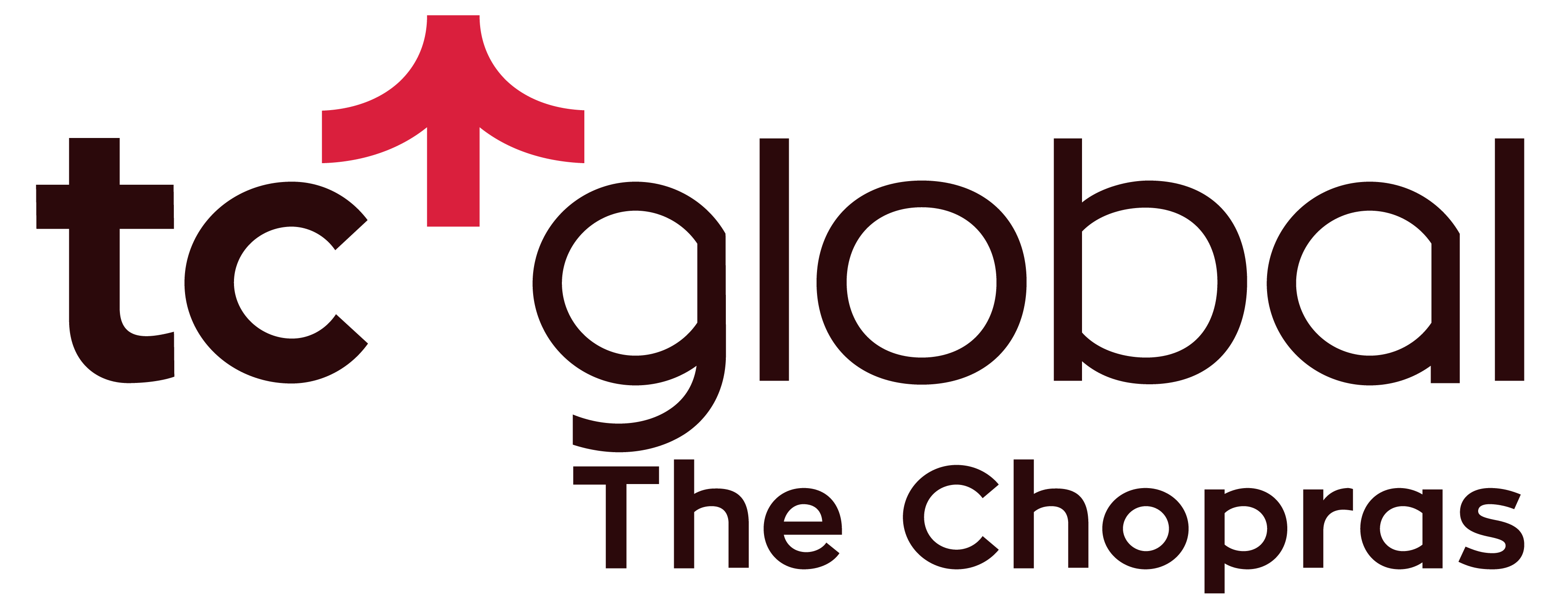
Having gone through the number of things that you need to be prepared for, you know that the task is not easy. Each step carries a specific deadline. The typical application deadline for the University of Cambridge is the 15th of October for courses that begin in the subsequent academic year.
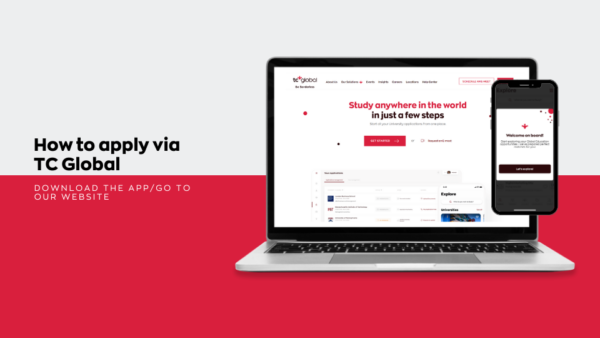
The application process in itself is two fold: You complete the UCAS application form and subsequently also fill up COPA. Let us get those acronyms sorted out first. UCAS stands for ‘Universities and Colleges Application Service’. It is a centralised portal through which you can apply to most of the universities and colleges in the U.K. Here is more about UCAS, if you are interested.
COPA stands for Cambridge Online Preliminary Application. When applying to Cambridge University, you are expected to fill out both the UCAS application and the COPA form simultaneously. This is so that the university has access to your details directly without having to wait for UCAS to share data. The COPA form also has more details for you to fill up, things that are not asked for in the UCAS form.
You must be extremely careful to ensure that there is no discrepancy between the two forms, whether it is your choice of course or college or the spelling of your name. It does become a stressful route where you start preparing at least a year in advance before the application deadline. You need superhuman organisational skills to keep track of everything. If you are adding scholarships into the mix, it does it get a little bit crazy.
So, you choose the easier path and get onboard with TC Global. TC Global functions as a one-stop shop for all your international education application needs. From counselling sessions to choosing your course and test prep all the way till your immigration and investments in your life abroad, TCG stands with you every step of the way. Let us take a look at what the application process looks like, through TC Global.
Step 1: Choose the right course
Before you even think of applying, delve deep into the fields that you are interested in and what you would like to pursue. Check the course contents and syllabi online so that you know you are getting what you wanted. Feel free to reach out to student communities at Cambridge via social media and get all your questions answered.
You can also reach out to us at www.tcglobal.com and schedule a counselling session or aptitude tests to figure out which course would be the right fit for you.
Step 2: Log in to the TC Global Student Portal
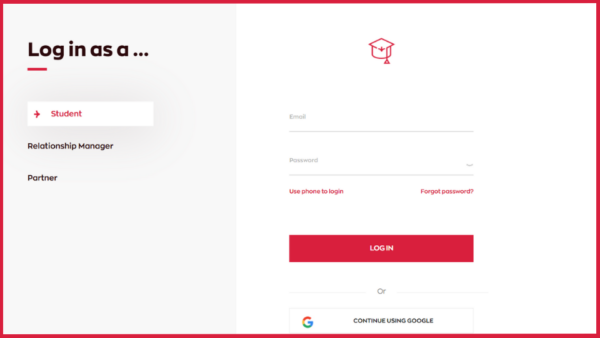
Once you have an idea about what you want to study, visit www.tcglobal.com and “Get Started”.
Step 3: Update your Profile
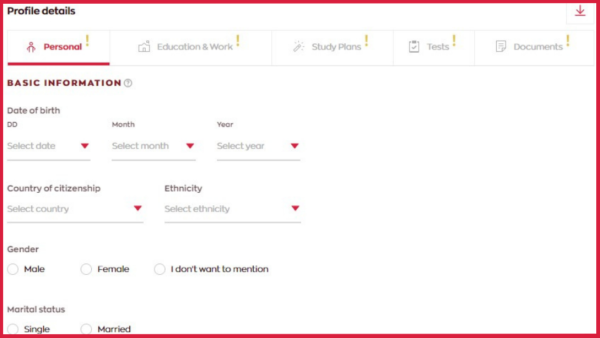
Once you have logged in, update your profile, especially your Education and Work background and your Study Plans. This will help us tailor-fit our recommendations for you.
Step 4: Choose Cambridge University and the Course
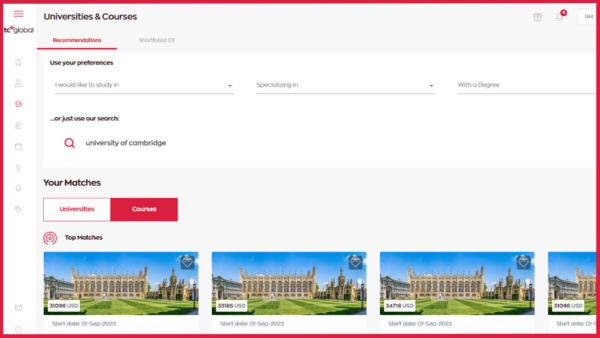
It is this portal that makes your life so much simpler. Everything you need to know about a university or course is collated here. You don’t have to go hunting around the university websites. So, select Cambridge University and take a look at our exhaustive list of courses.
If you are the kind who knows precisely what you want, you can narrow the filters using many criteria, such as which intake, English proficiency test and so on.
Step 5: Read up and Shortlist
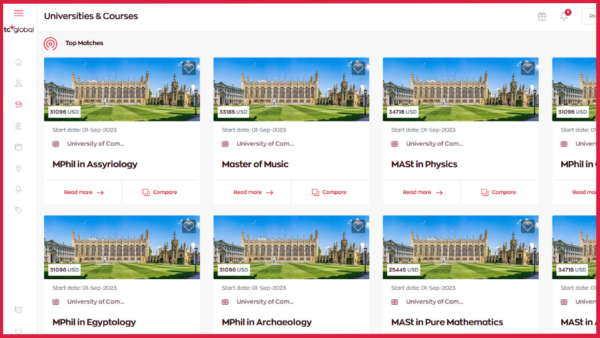
The website will give you the top options, keeping in mind your profile and your preferences. Click on any of the courses or search for them and get an overview in one go. All of these are accessible to anyone, for free. All you need to do is sign up.
Step 6: Read more on Insights
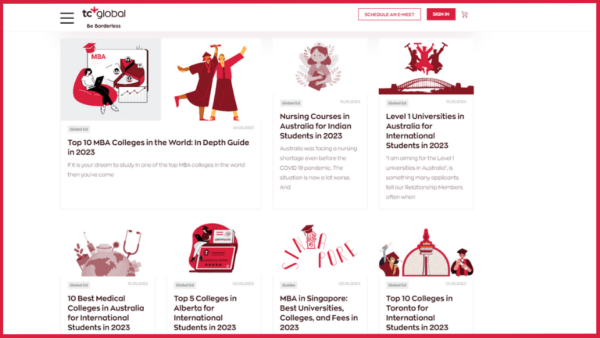
Check out https://tcgtest.tcglobal.com/insights/. Want the latest updates about countries or courses? TCG Insights has it. Plus, it comes with an easy search option for you to specifically look for our research on any of the countries or courses.
It is important for you to look into each of the courses, in addition to just knowing the specialisation. Insights might just be the place that will give you insights into how each of the universities design their courses.
Step 7: Schedule a Session and Apply
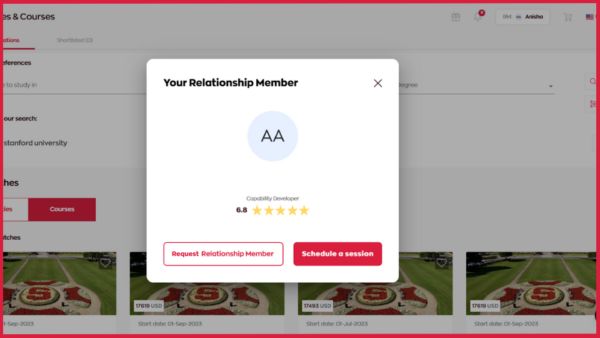
Once you have all the information that you need and have shortlisted all the courses, you begin the application process. You can schedule a meeting with one of our Relationship Members. From here on in, it will not be a bot assisting you but an experienced member of our team who will guide you through the process of applying to all your shortlisted universities. Your TC Global Student portal will help you with deadlines, checklists, tests and a one-shot platform to monitor all your applications’ progress. Besides, our RM will be with you every step of the way. Now that you know the process, Cambridge is at a hand’s reach. Look out for the dates they open applications and begin to gear yourself a year in advance, with TC Global.
Going to Cambridge
If the application is done well (with all the criterion diligently looked into), students from India stand as fair a chance as any other student from other parts of the world. You need to give it your best shot and the truth is, if Cambridge is your target, then you need to start looking at the criterion (especially the grades) a lot earlier and start working towards it. This can’t be a last-minute application. You may know all the details on how to get into Cambridge university from India, but you’ll need to plan much in advance. Moreover, it’s important to get the right guidance. We, at TC Global, can help you with that. You can reach out to us here. Alternatively, you can chat with us on What’s App (link on our home page) and we’ll get you started 🙂
You May Also Like
